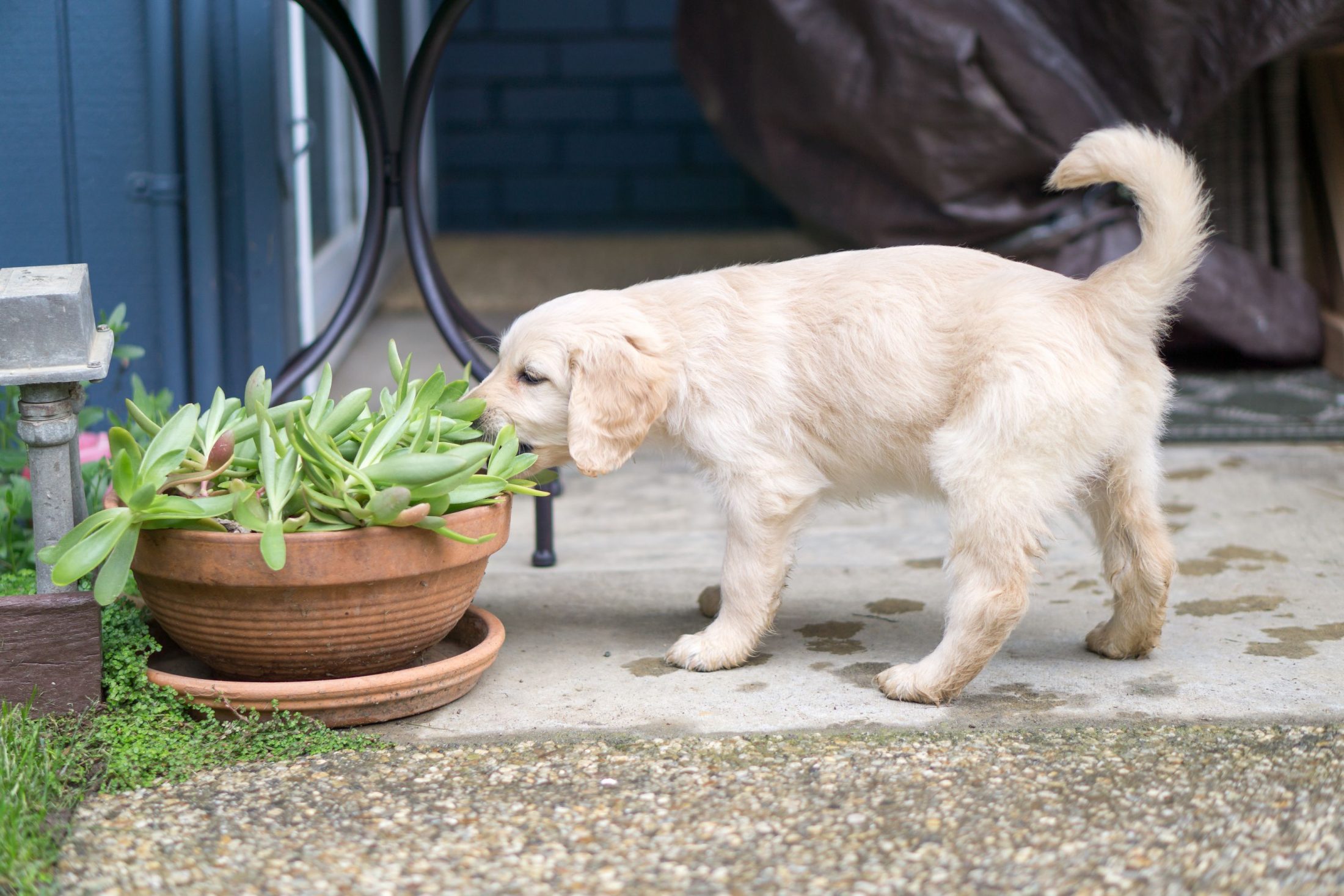
For many pet owners, the home of their dreams is one full of luscious green plants and a flowering garden. Unfortunately, some house plants that are easiest to grow can be toxic for pets and the same is true for outdoor plants. If your love of flora is as big as your love of fauna, there are ways to help them coexist safely.
Keeping Your Pets Safe
It’s a good idea to keep your plants in places where your pets are less likely to disturb them. Indoors, this might mean using a plant stand to keep them off the floor or in rooms where you spend a lot of time. Outdoors, you may consider using a gate or wire fence to separate plants and pets. You can also plant herbs that keep cats away or use short stakes to keep dogs from laying in a garden bed.
The best way to keep your pets safe is to avoid growing plants that are toxic. Some plants that are safe for dogs can be harmful for cats. Our team at True Care Veterinary Hospital has pulled together information to help.
Indoor plants to avoid
- Devil’s Ivy (Pothos) is a very common houseplant because it’s easy to care for.
- Philodendron varieties often have large leaves.
- Dieffenbachia can grow to be around 5 feet tall and has large oval-shaped leaves.
- Jade plants are succulents that can live up to 100 years.
- Aloe vera is a common succulent known for its healing properties.
Outdoor plants to avoid
- Lilies are tall perennials with large colorful blooms that come in many varieties. Each part of a lily plant is very toxic to cats.
- Begonias are shade-loving flowers that bloom continuously during warm months.
- Rhododendron bushes have large leaves and produce fragrant flowers.
- Daffodils grow from bulbs and typically flower in the spring.
The potential for poisoning happens when cats and dogs chew on the leaves, flowers, or bulbs. Ingesting part of the plant can cause more intense symptoms. Symptoms to worry about include:
- Vomiting
- Diarrhea
- Difficulty swallowing
- Swollen mouth or tongue
- Lots of drooling
- Weakness or paralysis
These symptoms could signal that your pet needs emergency care. Contact us at True Care Veterinary Hospital at (732) 677-2180 immediately if your pet is showing these signs. We’re here to help you and your pet through any health emergency.

